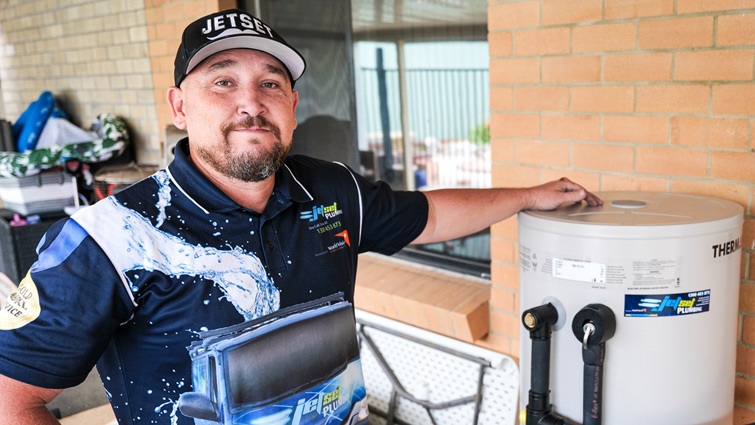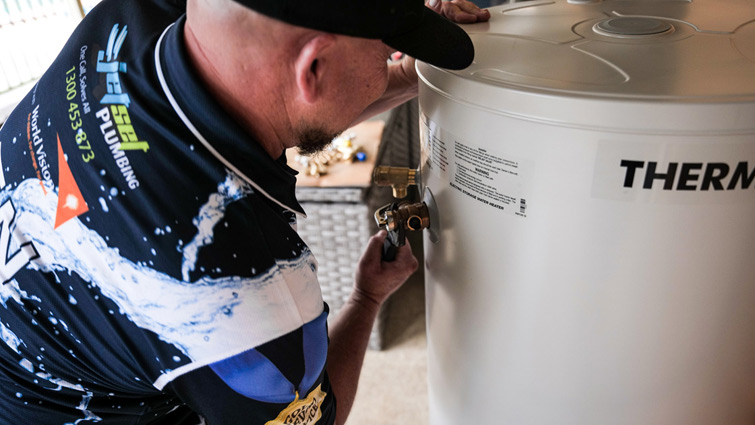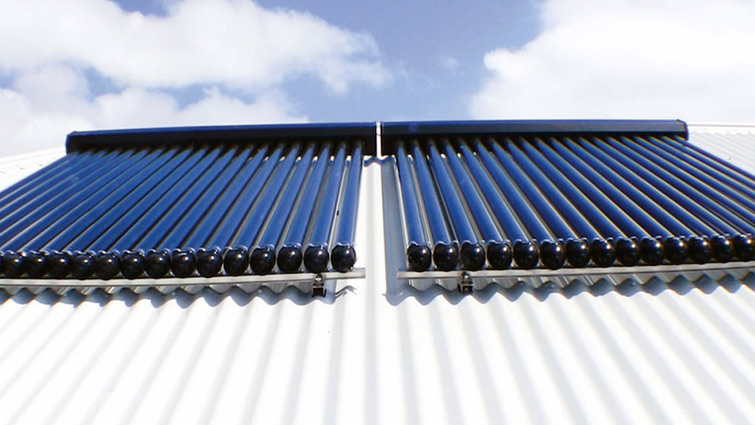Aren't all hot water systems the same? Don't they just supply hot water? Which hot water system should I get for me?

As plumbers, we hear these questions all the time. Especially during winter, when older hot water systems may start to struggle with demand or even completely fail.
It's no easy task to find the best water system for your home. There's a lot to consider such as the pros and cons of the different types of systems that are available to you, their ongoing running costs, and finding a hot water system that meets your budget.
Always take into consideration the needs of your household, such as the number of people that reside there as this will influence the size and type of the storage system.
One of the biggest reasons to find out more about the types of hot water systems is the ongoing running cost. Your hot water system can make up to 30% of the average household electricity bill.
We’ve outlined electric, gas, solar, and heat pump hot water systems to help you find the best and most cost-effective water heating solution for you.

Electric hot water systems heat the water using an electric element which sits at the base of the water tank. Electric hot water systems have relatively low upfront costs and are reliable. You can connect your electricity to off-peak periods which lower the cost of your energy bills.
Electricity is only supplied to the hot water system during off-peak usage hours. Usually, from 11 pm to 7 am (depending on the electricity network). During these hours - the hot water system will be heated and the water is then stored for use later on.
Most electric hot water systems are installed with a dedicated meter which your energy supplier can control the load tariff. If you don’t have a controlled load tariff - you can really save on your power bills big by switching to one. Continuous systems can supply hot water without the need to store hot water. They work by having the heating element wrap around the pipe supplying the hot water.

Solar hot water systems use the sun to generate heat. Solar panels are installed on your roof to capture this heat and store it in a storage tank. The system obviously depends on the sun to shine.
If the sun doesn't heat the stored water hot enough - electric or gas systems can be used to boost the temperature.
As solar hot water systems use the natural and free energy of the sun - you can reduce your hot water system’s energy consumption by as much as 90%. Solar hot water systems can have the greatest upfront costs - but recent rebates can lower that cost significantly.
Gas hot water systems use a gas to continuously heat and maintain water in a storage tank at 60°C. Gas hot water systems are usually only cost effective if you connect directly to the mains gas supply. Using LPG gas bottles will be more expensive in the long run.
Continuous flow gas hot water systems don't store the hot water but instead use a burner which ignites only when the water is needed.
Heat pump hot water systems pump hot air - this heat is transferred to the storage tank. Even though they are electric-based - they are about 3 times more efficient to run than the traditional electric hot water systems. However, they do need a warm environment.
You can get boosters if your climate isn't suitable - but then you should probably just get a traditional electric hot water system.
A recent survey by Canstar Blue found the most popular systems are gas and electric. In fact, respondents showed the breakdown of hot water system types they own are: Gas 44%, Electric 37%, Solar 13% and Heat Pumps just 5%.
So hopefully this has shed some light on which hot water system to go with. Regardless of your choice - we at Jetset Plumbing can help you choose, pick up and install your new hot water system. We even take the old one away!
Contact us now on 1800 443 996 - before you start getting cold showers!
Tags: hot water systems, solar hot water systems, gas hot water systems, electric hot water systems.
